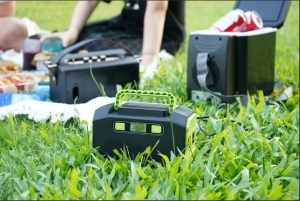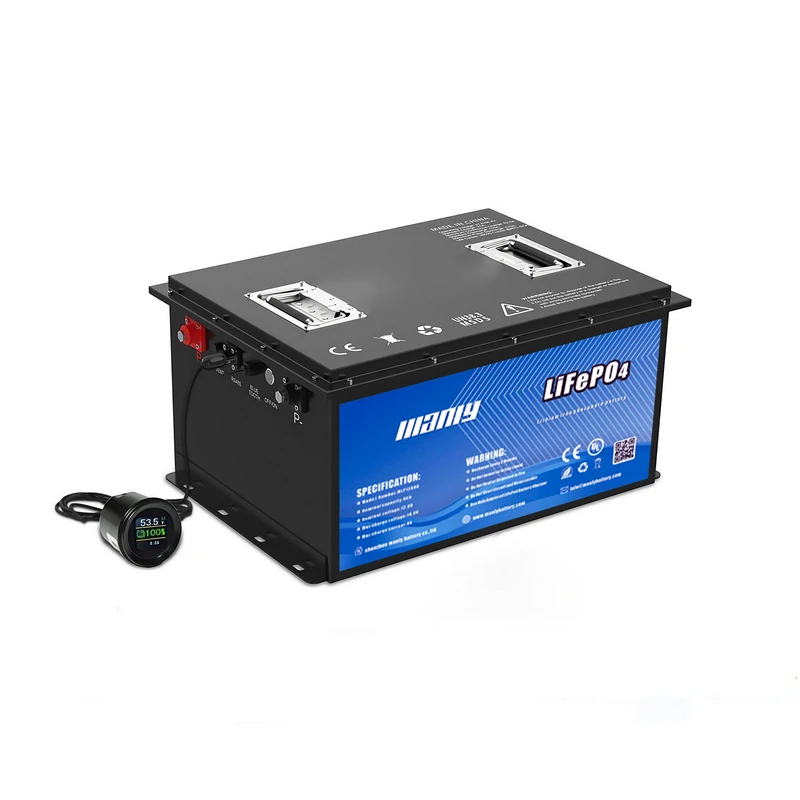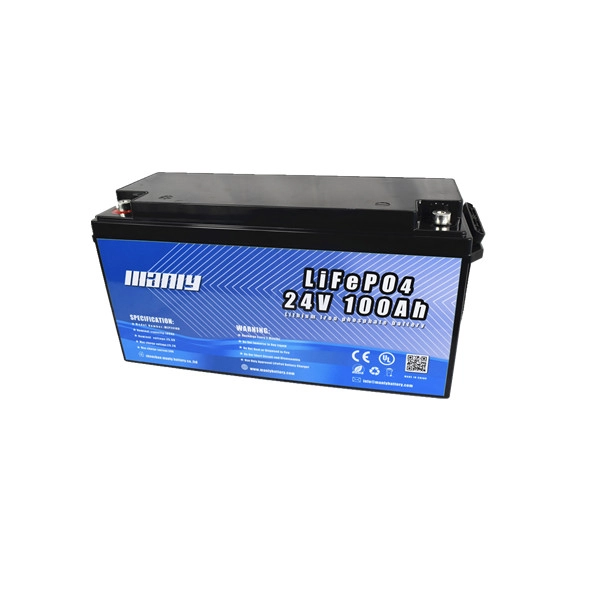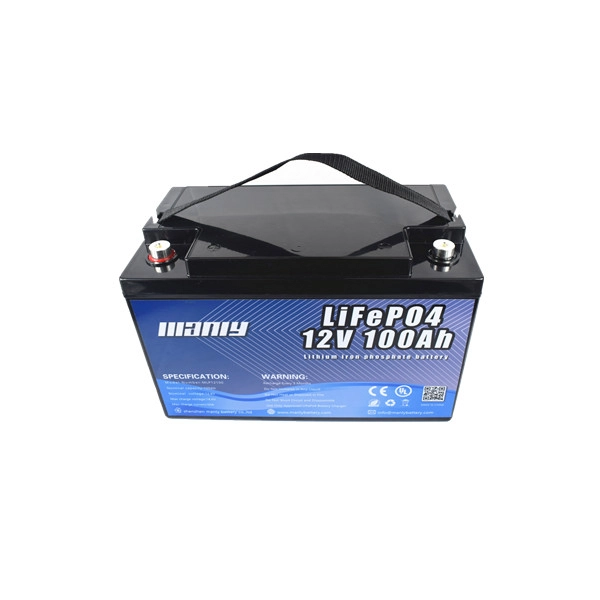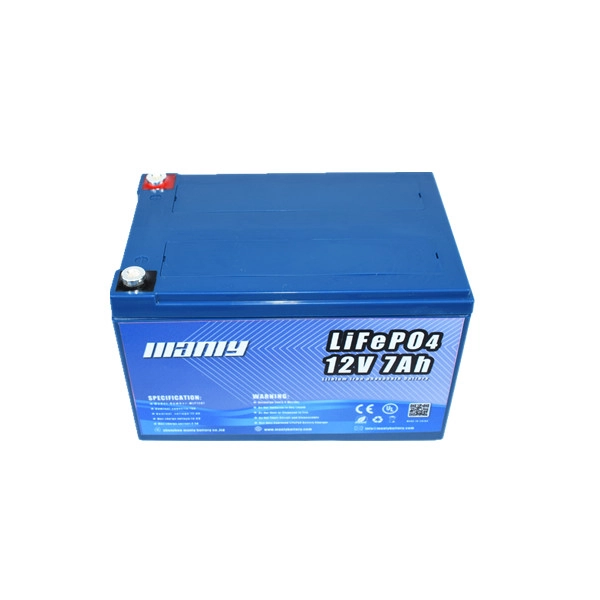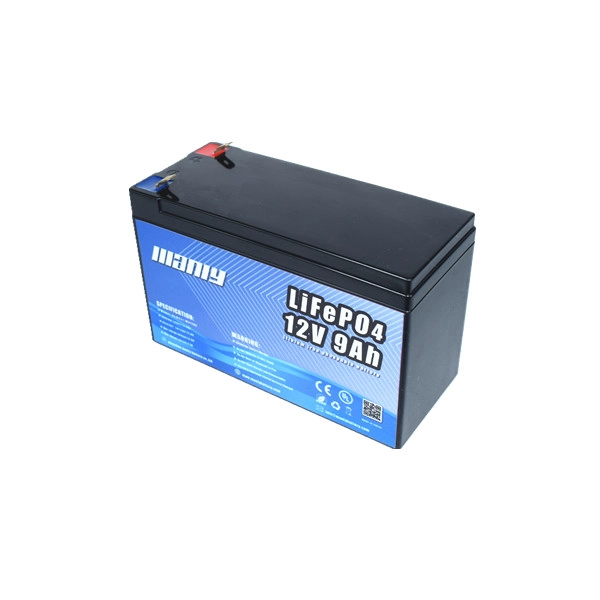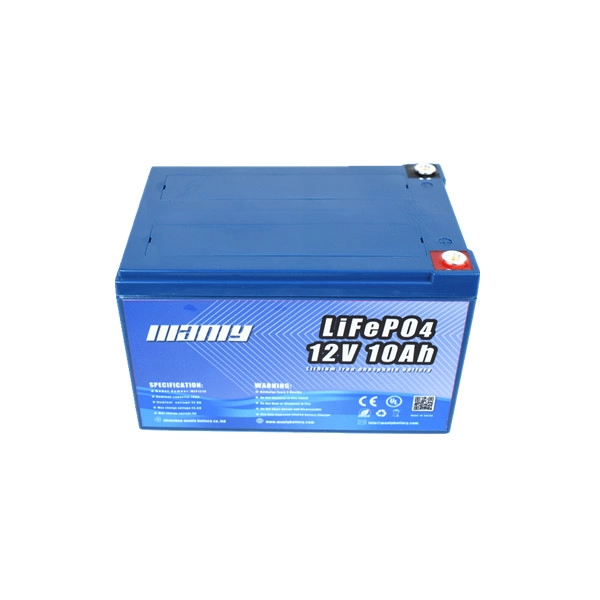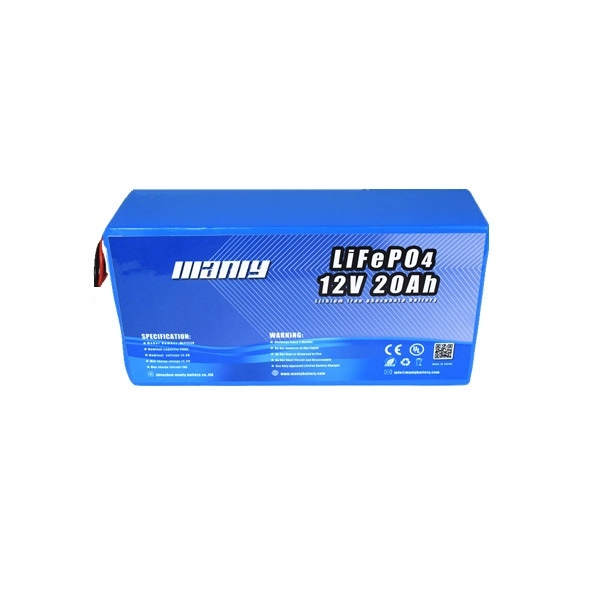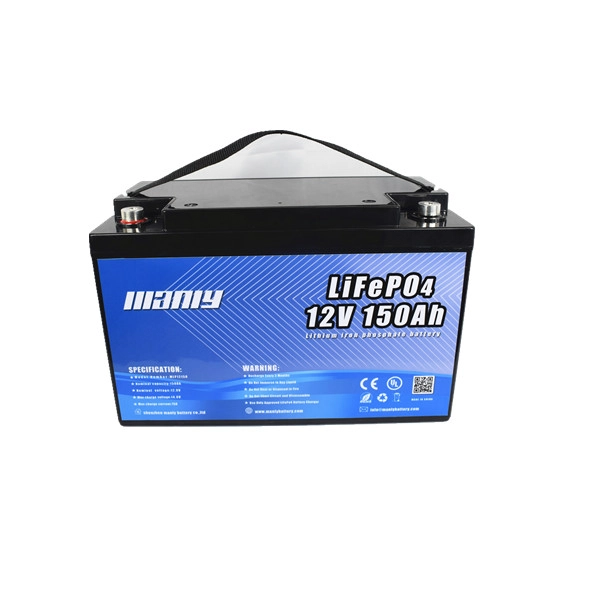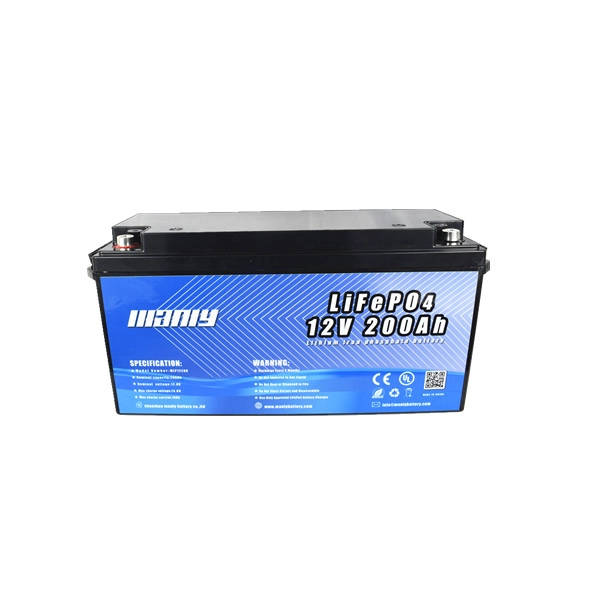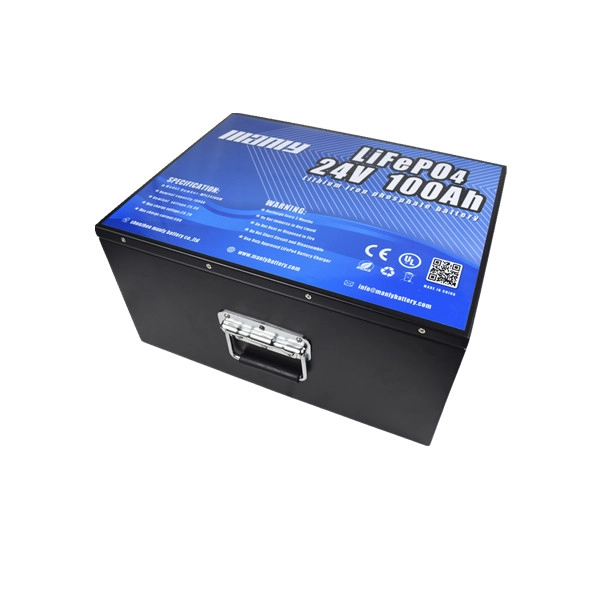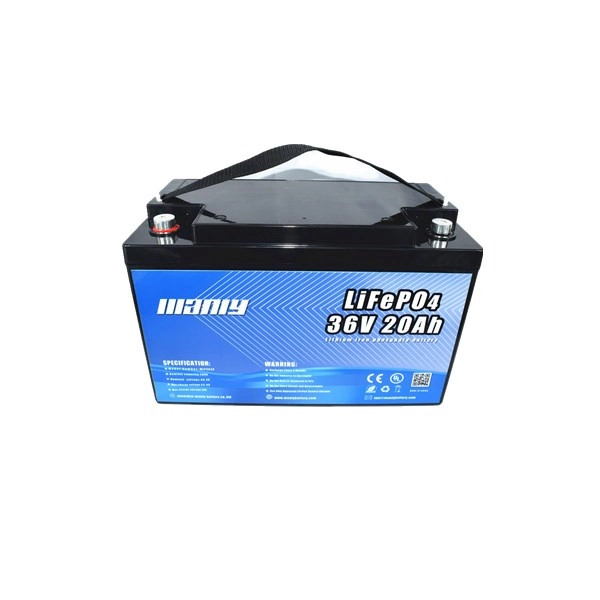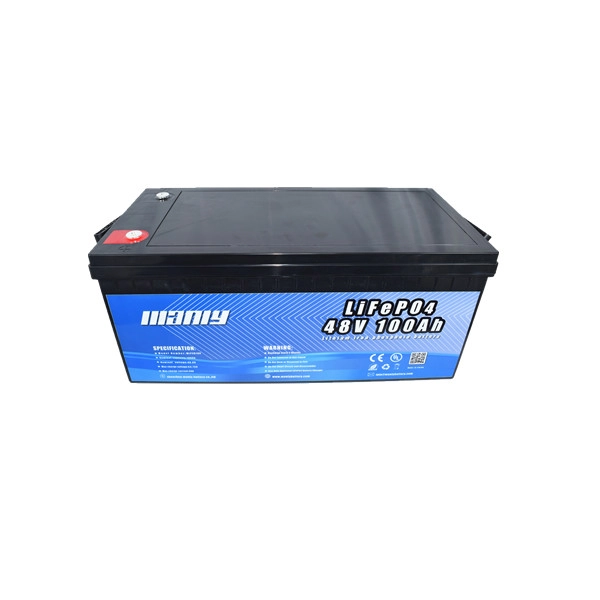2025 Guide to Lithium Ion Battery Winter Care
Table of Contents
- 2025 Guide to Lithium Ion Battery Winter Care
- What are Lithium Batteries?
- Will a Frozen Lithium Battery Work?
- Can Lithium Batteries Freeze?
- Consequences of Lithium Batteries Freezing
- Will Frozen Lithium Batteries Charge?
- Understanding Lithium-ion Battery Temperature Limits
- Winter Storage Tips for Lithium Ion Batteries
- Is it Worth Using Lithium Ion Batteries in Winter
- Learn More About Battery
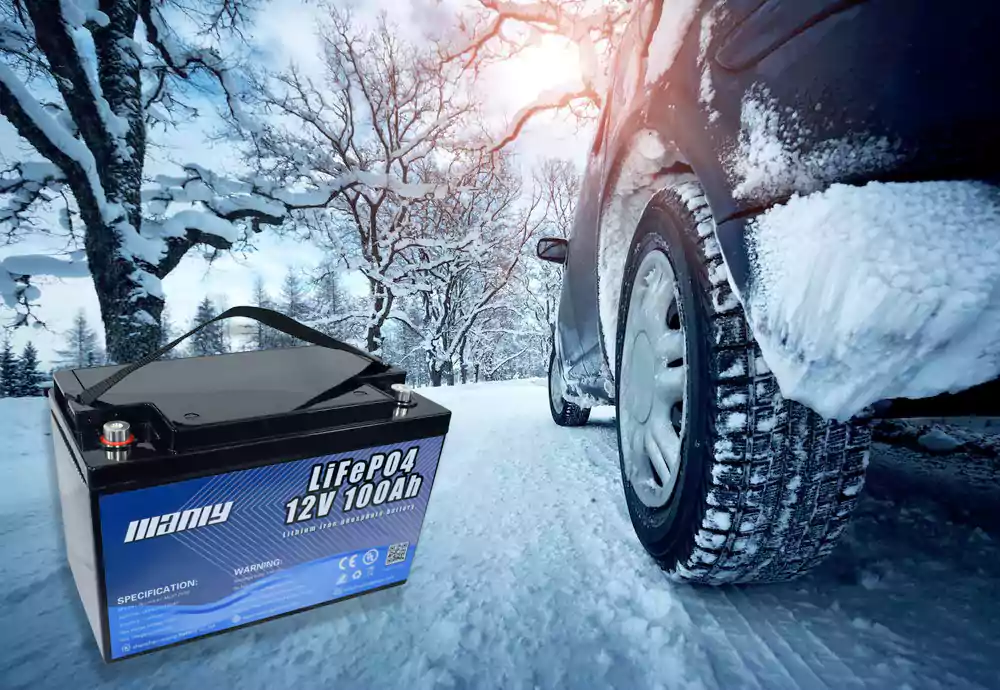
What are Lithium Batteries?
Lithium-ion batteries, commonly referred to as LiFePO4 battery, is at the forefront of battery technology today, and there's a good reason for their popularity. But before diving into how they fare in extreme weather, especially cold conditions, let's understand what they are and how they work.1. The Anatomy of a Lithium-Ion BatteryA lithium-ion battery comprises three primary components:- Anode (Opposite of Cathode): Serving as the negative electrode, the anode is usually made of carbon or graphite.
- Cathode: This positive electrode is made of metal oxides like lithium iron phosphate or lithium cobalt oxide, varying with the battery type.
- Electrolyte: Filling the space between the cathode and anode, the electrolyte is either a gel or liquid comprising lithium salts. This setup allows lithium ions to move freely between the electrodes during battery operation.
- Faster Charging: They charge more quickly compared to lead-acid batteries.
- Longer Charge Cycles: These batteries can undergo more charge cycles, extending their lifespan.
- Slower Discharge Rates: They maintain their charge longer due to slower discharge rates.
- Lightweight: Lithium-ion batteries are considerably lighter.
- Built-In Safety Features: These batteries come with numerous safety features to prevent issues like overheating.
- Environmental Friendliness: They are more eco-friendly than lead-acid counterparts.
Will a Frozen Lithium Battery Work?
Lithium-ion batteries are renowned for their robust performance in extreme weather conditions, whether scorching hot or freezing cold. They stand out as some of the most reliable batteries available. However, it's important to be aware of how cold temperatures can affect them.Lithium Batteries and Cold Weather ChallengesWhile lithium batteries are generally effective in cold weather, they may face challenges under extremely low temperatures. If a lithium-ion battery is fully exposed to freezing conditions, its performance might be compromised, though it generally should still function.What Happens When Lithium Batteries Get Too Cold?- Freezing Risks: In extreme cold, there is a risk that a lithium-ion battery could freeze. However, more commonly, the battery tends to underperform rather than freezing outright.
- Electrolyte Viscosity and Conductivity: At lower temperatures, the electrolyte within the battery becomes more viscous and less conductive. This change results in increased internal resistance.
- Reduced Current Delivery: As the internal resistance of the battery rises, its ability to deliver current diminishes.
- Electrode Activity and Efficiency: The electrodes in the battery become less active and efficient in cold conditions, slowing down the chemical reactions needed to generate electricity.
- Capacity and Power Output: The overall capacity and power output of the battery decline in cold temperatures, making it difficult for ions to move efficiently.
Can Lithium Batteries Freeze?
The question of whether lithium batteries can freeze is a topic of interest, especially when comparing them to lead-acid batteries. Lead-acid batteries can indeed become hazardous in low temperatures, potentially freezing and even exploding due to a combination of being discharged and diluted electrolyte.Lithium Batteries vs. Extreme ColdUnlike lead-acid batteries, lithium batteries have a different response to cold temperatures. Their electrolyte doesn't change its freezing point easily, making lithium batteries less likely to freeze unless exposed to exceptionally low temperatures.Do Lithium Batteries Actually Freeze?Technically speaking, lithium batteries don't "freeze" in the conventional sense. However, their functionality in freezing conditions is significantly affected. It's essential to follow safety protocols when using batteries in cold weather, and always purchase from reliable suppliers like MANLY Battery.How Cold Affects Lithium BatteriesIn cold conditions, the performance of lithium-ion batteries is noticeably hindered. The transfer rate of lithium ions in and out of the anode slows down drastically. This slowdown is due to lithium-ion alloy plating on the anode's surface, which impedes the ions' entry into the carbon sites of the anode, thereby obstructing current flow and reducing battery capacity. In this context, the battery "freezes," not in a literal sense, but in its ability to function efficiently.Other Cold-Weather EffectsApart from capacity reduction, freezing temperatures can also have more damaging effects on certain components of the battery. For instance, the electrolyte may stiffen, leading to a less smooth circulation and a further decrease in lithium-ion transfer rate. This results in lower battery voltage and reduced output power.The Bottom LineWhile you can't literally freeze a lithium battery, cold temperatures do have a negative impact on its performance. The efficiency of lithium-ion transfer and overall component functionality are compromised in low temperatures. Therefore, understanding and mitigating the effects of cold on lithium batteries is crucial, especially for applications where reliable battery performance is essential in chilly conditions.Consequences of Lithium Batteries Freezing
Lead acid batteries do not fare as well in cold weather as lithium. When lead acid batteries freeze, they discharge and can explode, though this does sound more dramatic than it actually is. Even so however, this poses a significant safety risk and it is something which you will want to avoid.Frozen batteries however, are still possible with lithium. When lithium batteries are exposed to extreme cold, their performance may suffer. This is largely due to the fact that chemical reactions taking place inside the batteries, can cause them to form lithium crystals if you try to charge them in very cold conditions.The batteries will therefore struggle to charge, and may take longer to charge. You’ll also find that they discharge much quicker as well.The good thing about using lithium batteries over lead acid, is the fact that they do not require ventilation, so you can install them in enclosed spaces. This makes it easier to store them in places with more insulation and protection from the cold.Put very simply however, if a lithium battery freezes completely, it simply will not work until the temperature rises, and there is always the risk of damage as well.Will Frozen Lithium Batteries Charge?
First and foremost, if the temperature the battery is exposed to, is below freezing, you should never try charging it. Charging in sub-zero temperatures can result in damage to the battery.Instead, what you should do is allow the battery to warm up first, and then charge it when the battery and ambient temperature is above freezing. You can opt for heated pads, heated battery bank storage compartments, and other methods when it comes to warming your battery in cold weather.When it comes to avoiding frozen batteries, you should also invest in a battery with a BMS (Battery Management System). This is an in-built safety feature that will allow you to charge your battery and not have to worry about the temp dipping below freezing. If/when the temperature does drop too low, the temperature cutout feature will kick in and it will stop charging. This will prevent damage to the battery and improve its longevity.Again, buying from trusted manufacturers and suppliers, such as MANLY, is a great way to ensure your battery is working, and charging, at its most efficient, even in extreme cold.Understanding Lithium-ion Battery Temperature Limits
When dealing with lithium-ion batteries, it's crucial to know their temperature thresholds, especially if they're used in environments with wide temperature variations. Lithium batteries operate best within the range of -4°F to 140°F. However, for charging, the safe and recommended temperature window is narrower, lying between 32°F and 131°F (0°C to 55°C). Charging lithium batteries outside of this range, especially at higher temperatures, could be hazardous and potentially lead to explosions.How Cold is Too Cold?The question often arises: do lithium batteries freeze or get damaged in cold? The answer is that temperatures below 32°F are not favorable for lithium batteries. Charging them in such cold conditions slows down the chemical reactions to a crawl, rendering the batteries unable to produce significant energy. This sluggishness could lead to the batteries ceasing to function altogether.Freezing Battery ConcernsFor those needing to use lithium batteries in sub-freezing conditions, it's important to avoid charging them in these temperatures. Doing so can lead to irreversible damage and reduce the battery's lifespan and efficiency. Lithium-ion batteries have certain limitations when it comes to freezing temperatures, and understanding these Lithium-ion Battery Temperature Limits is key to maintaining their longevity and performance.In summary, while lithium-ion batteries are incredibly versatile and powerful, they do have their vulnerabilities, particularly when it comes to temperature extremes. Knowing and respecting these temperature boundaries is essential for anyone looking to get the most out of their lithium battery, whether it’s for everyday use or specialized equipment.Winter Storage Tips for Lithium Ion Batteries
As an expert in car batteries, I can attest that lithium-ion batteries are generally more reliable in winter than lead-acid batteries. However, extremely low temperatures can still pose a risk to them. In regions with harsh winters, special precautions for these batteries are advisable.Winter Storage Tips for Lithium-Ion Batteries- Charge and Disconnect: Before the onset of severe cold, charge your lithium-ion battery to about 80% and then disconnect it. Store it in a warm, dry place away from direct sunlight, and wait for more favorable temperatures.
- Stable Temperature Maintenance: Avoid storing lithium-ion batteries in freezing conditions, but also steer clear of excessive heat. Don’t place the battery near heaters or fires, as this can be hazardous. Room temperature is ideal for storage, ensuring the battery remains in excellent condition for spring.
- Battery Blankets: These insulated blankets are perfect for keeping batteries warm. They snugly cover the battery, providing insulation from the cold while trapping the heat generated by the battery.
- Insulated Storage Units or Battery Boxes: These specially designed units offer great protection for lithium batteries in cold weather, helping to retain any heat generated by the battery.
- Solar Panel Charging: Prior to exposure to cold, charge your lithium batteries with solar panels. This not only keeps them charged but also helps maintain an optimal temperature.
- Storage in a Heated Area: Placing your battery in a heated space, like a garage, can significantly reduce the impact of cold weather, maintaining its functionality and warmth.
- Battery Heaters: Battery heaters, especially those designed for lithium batteries, offer adjustable temperatures to keep your battery warm in cold conditions, extending its lifespan and performance.



